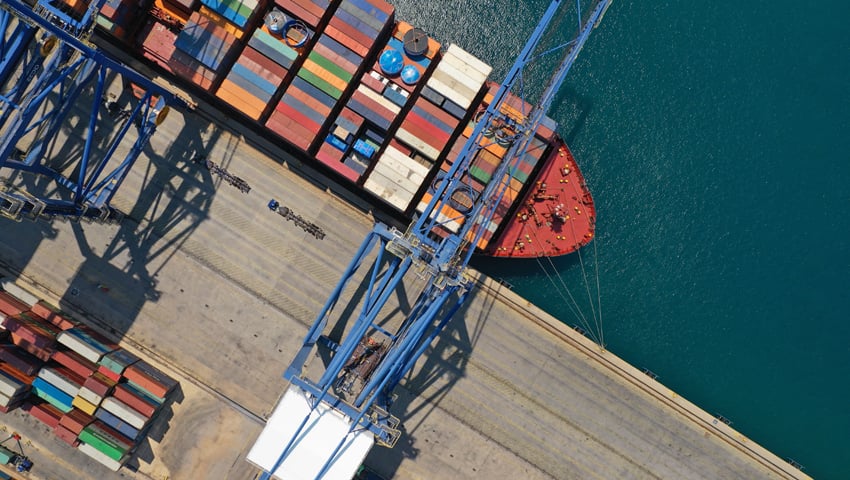A NEW report from the Global Alliance for the Future of Food presents the case for food systems as a climate solution and priority, and makes recommendations for action.
Growing, processing and transporting food accounts for one-third of all global greenhouse gas emissions, but just 3% of public climate finance goes to food systems.
The report, Untapped Opportunities: Climate Financing for Food Systems Transformation, addresses the need to align public financial flows to food systems with climate ambition and action plans, and to channel public climate finance into food systems to support policies, programs and projects that deliver on climate goals and a host of co-benefits for biodiversity, health, and food system resilience.
The report states that despite the potential for climate mitigation and adaptation, food systems are consistently underestimated and underfunded. The report is designed to inform policy development and implementation, climate advocacy, and climate finance structures, with clear recommendations and opportunities for directing climate finance to food systems as a climate solution.
The report finds that:
“Food systems receive only 3% of public climate finance, despite accounting for one-third of all global emissions. If the global community wants to meet the 1.5°C (2.7°F) target of the Paris Agreement, climate finance needs to fund food systems transformation. This is an urgent issue — even if we halt all non-food-systems-related emissions immediately, emissions from global food systems alone would likely exceed the emissions limit required to keep global warming below 1.5°C (2.7°F) in the next 40 years.
“Investing in food systems transformation is a cost-effective way for the climate finance community to achieve huge emissions reductions. An estimated USD 300 to 350 billion is needed every year through 2030 to support the transition to sustainable and climate-resilient food systems. In the past 5 years, only USD 9.3 billion per year in public climate finance was directed to food systems measures — a fraction of the USD 321 billion that was delivered for climate mitigation.
“70% of current Nationally Determined Contributions (NDCs) lack adequate detail on the funding needs for climate action in food systems (based on a review of NDCs for this paper). This hinders the mobilization of climate finance. To attract international climate finance, countries must include food systems funding needs in their NDCs.
“Beyond NDCs, countries must ensure that their domestic food and agricultural policies are coherent with climate goals. Most public finance going to agricultural production ignores its environmental impacts. A startling 86.4% of the USD 611 billion spent annually has potential destructive impacts on climate, biodiversity, health, and food systems resilience. This amount of harmful public finance is 57 times greater than the climate finance provided for food systems during the same period.
“According to our analysis of developing countries’ NDCs, food systems priorities are commonly underestimated and underfunded. Developing countries declare funding needs of USD 14 billion per year to implement food systems actions; by contrast, they estimate finance needs of USD 64 billion for energy and transport measures. Developing countries should include more detailed food systems priorities and funding needs in their NDCs to mobilize climate finance.
“In turn, developed countries must significantly increase the amount of climate finance provided for food systems action in developing countries. Public climate finance provided to food systems has quadrupled in the past 5 years, increasing from USD 1.7 billion per year by 2016 to USD 9.3 billion per year by 2020. Efforts to continue this trend will be needed to keep the achievement of the Paris Agreement goals within reach.”
